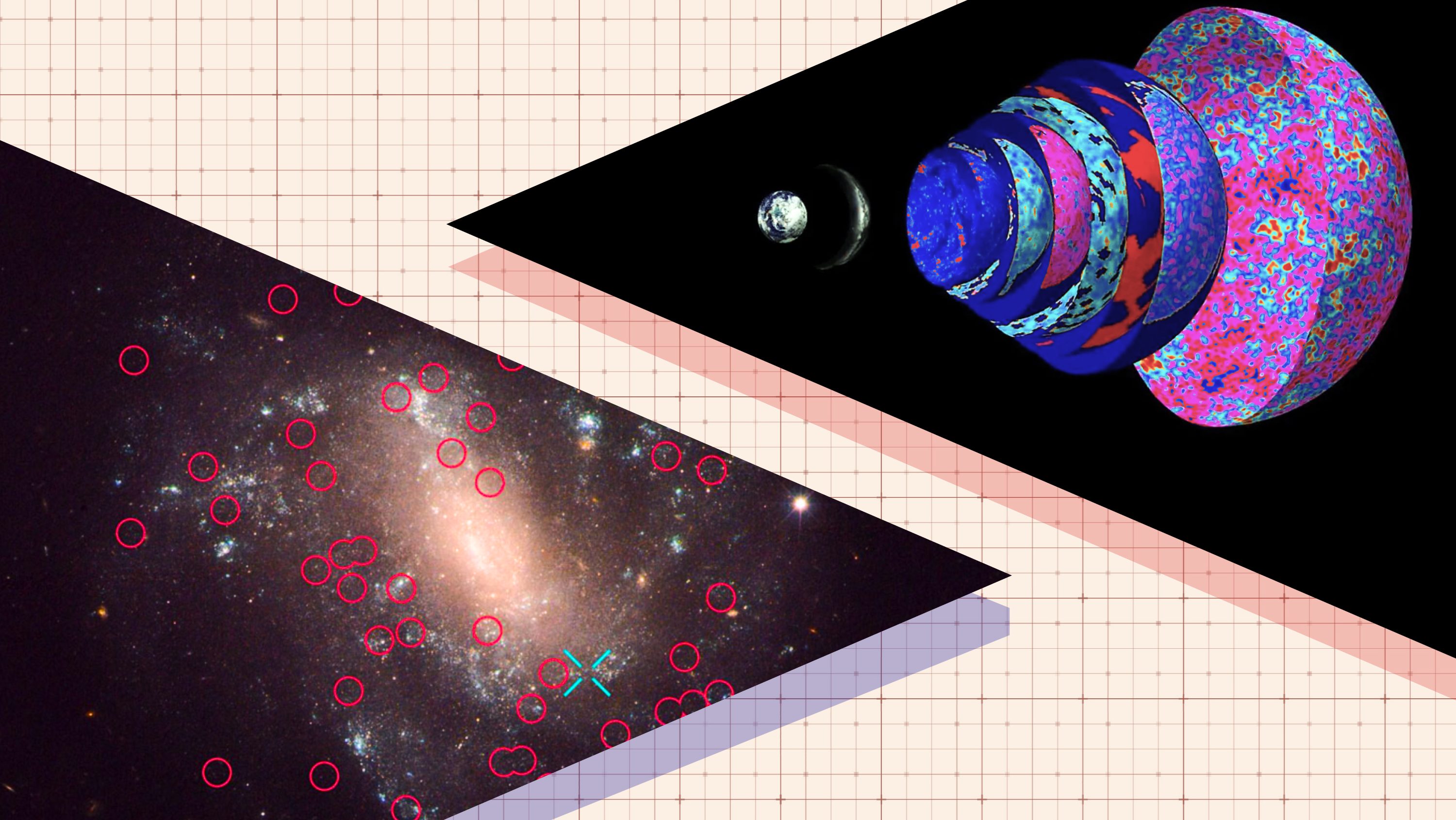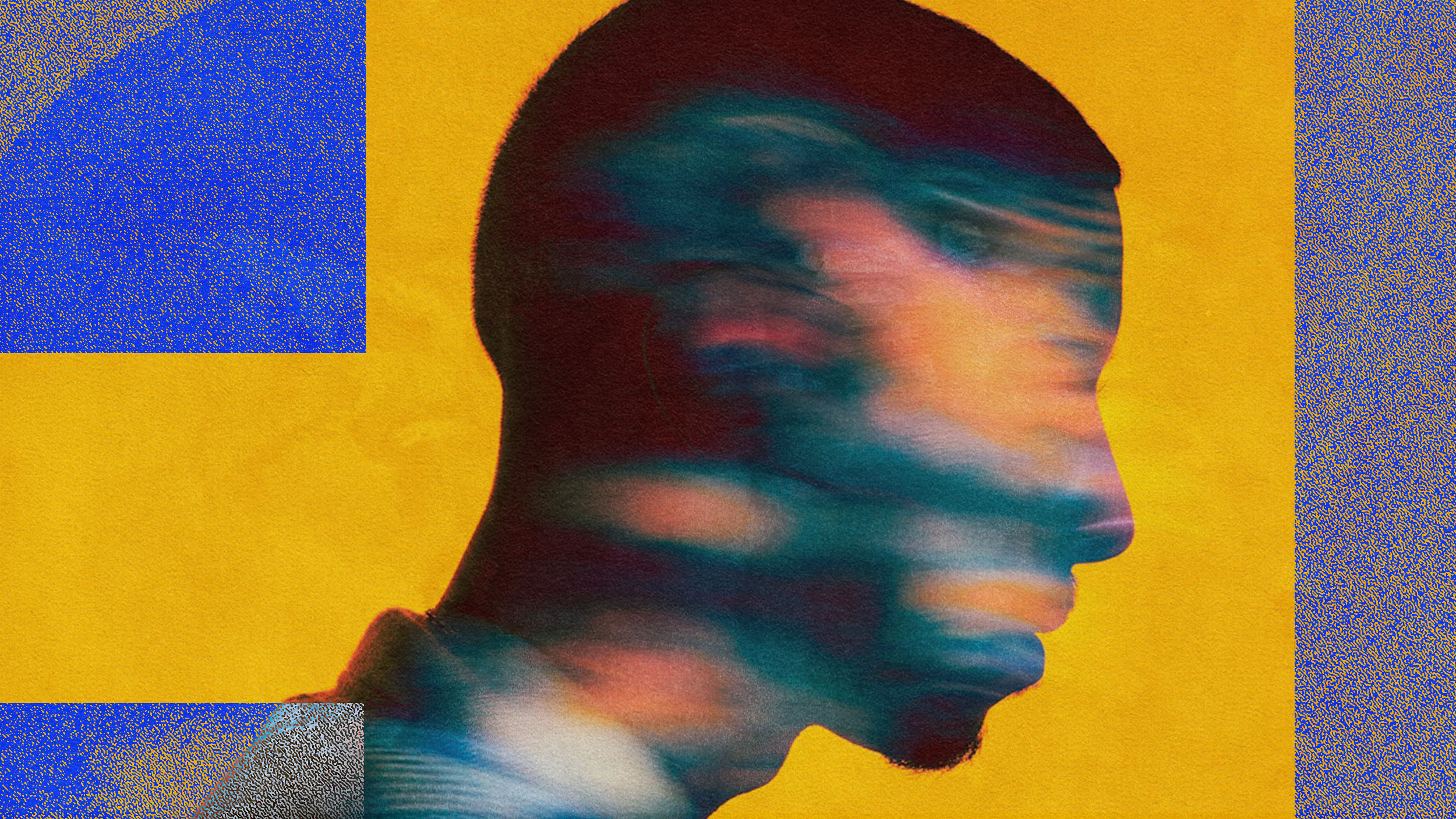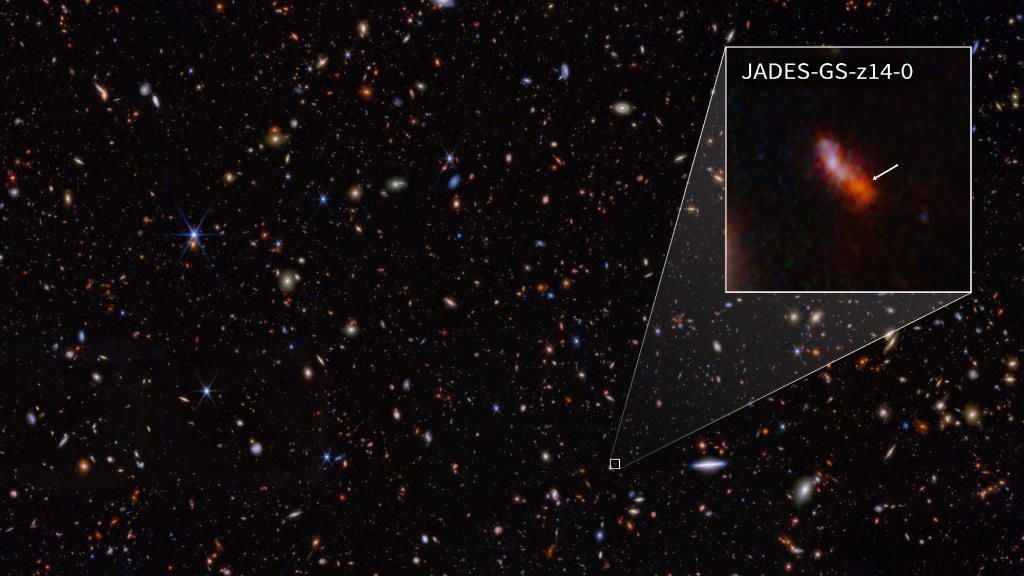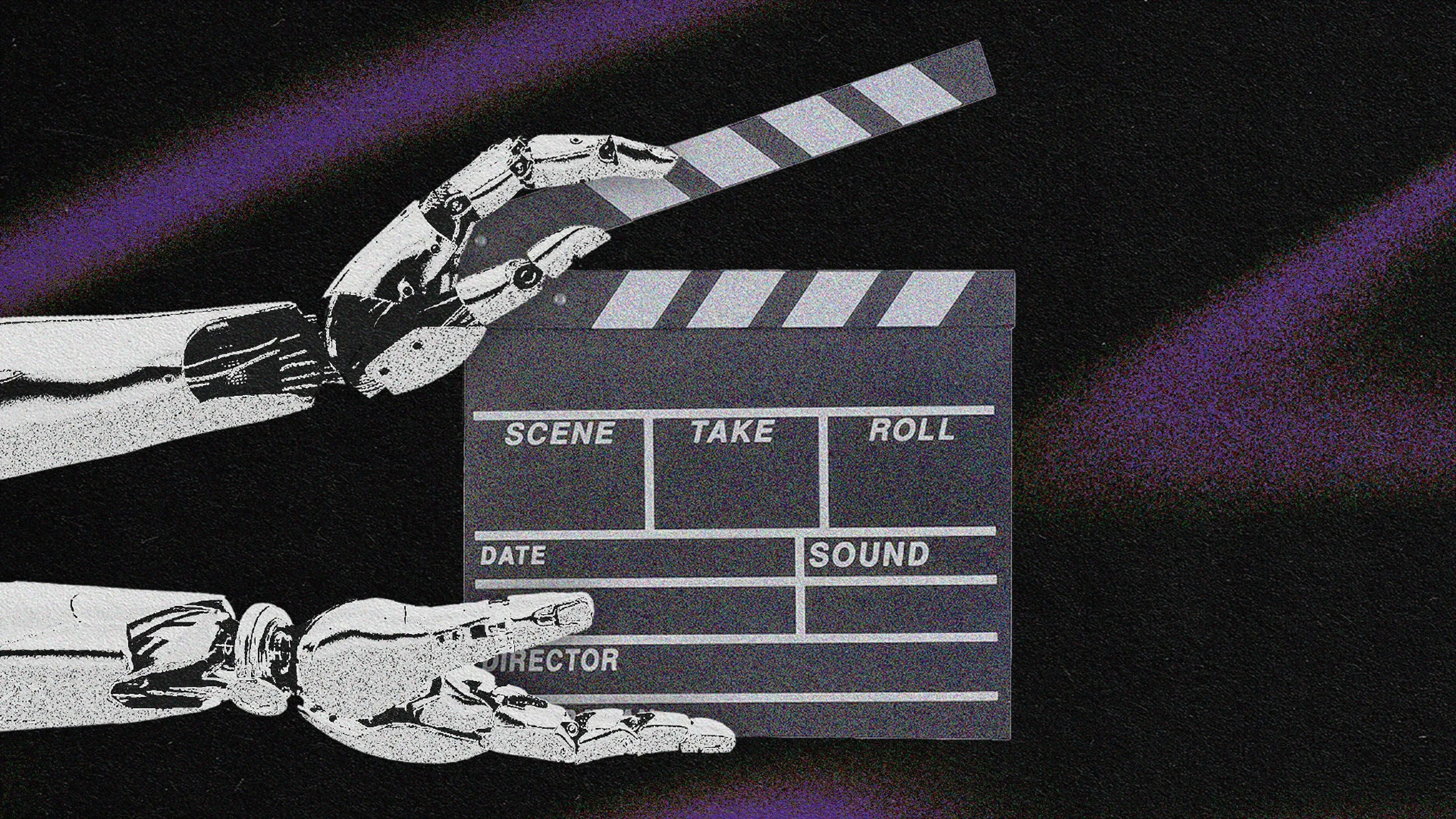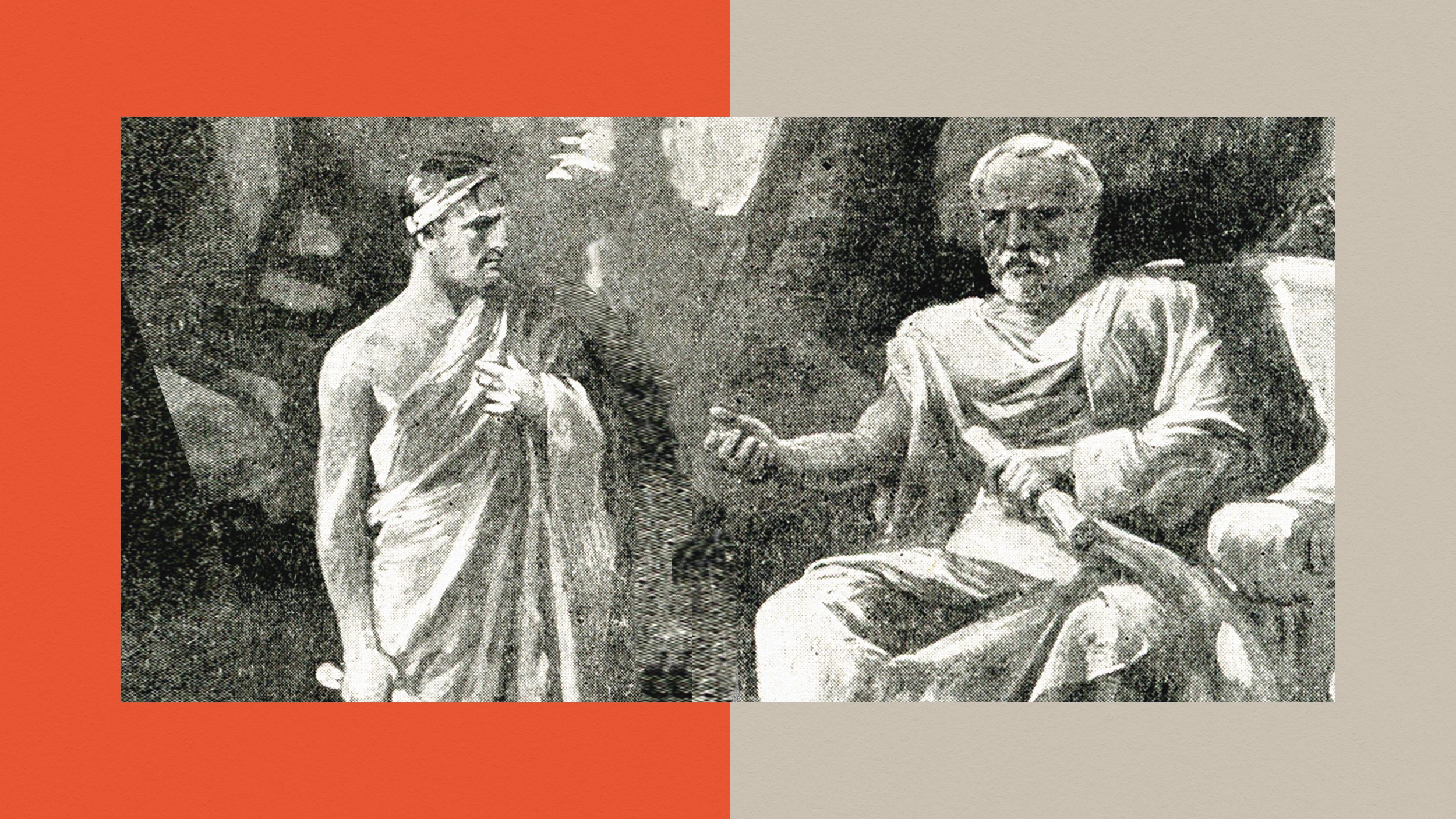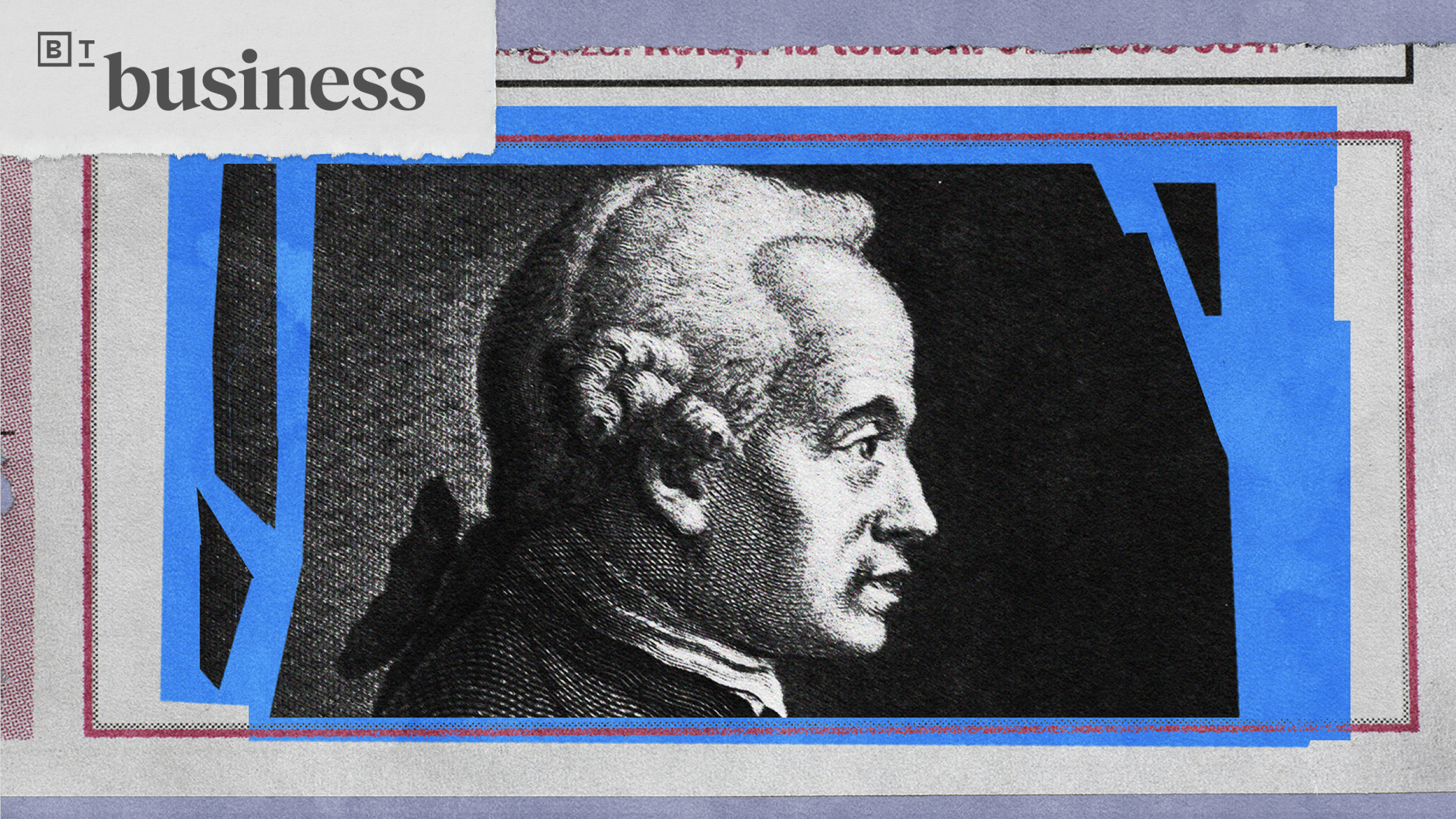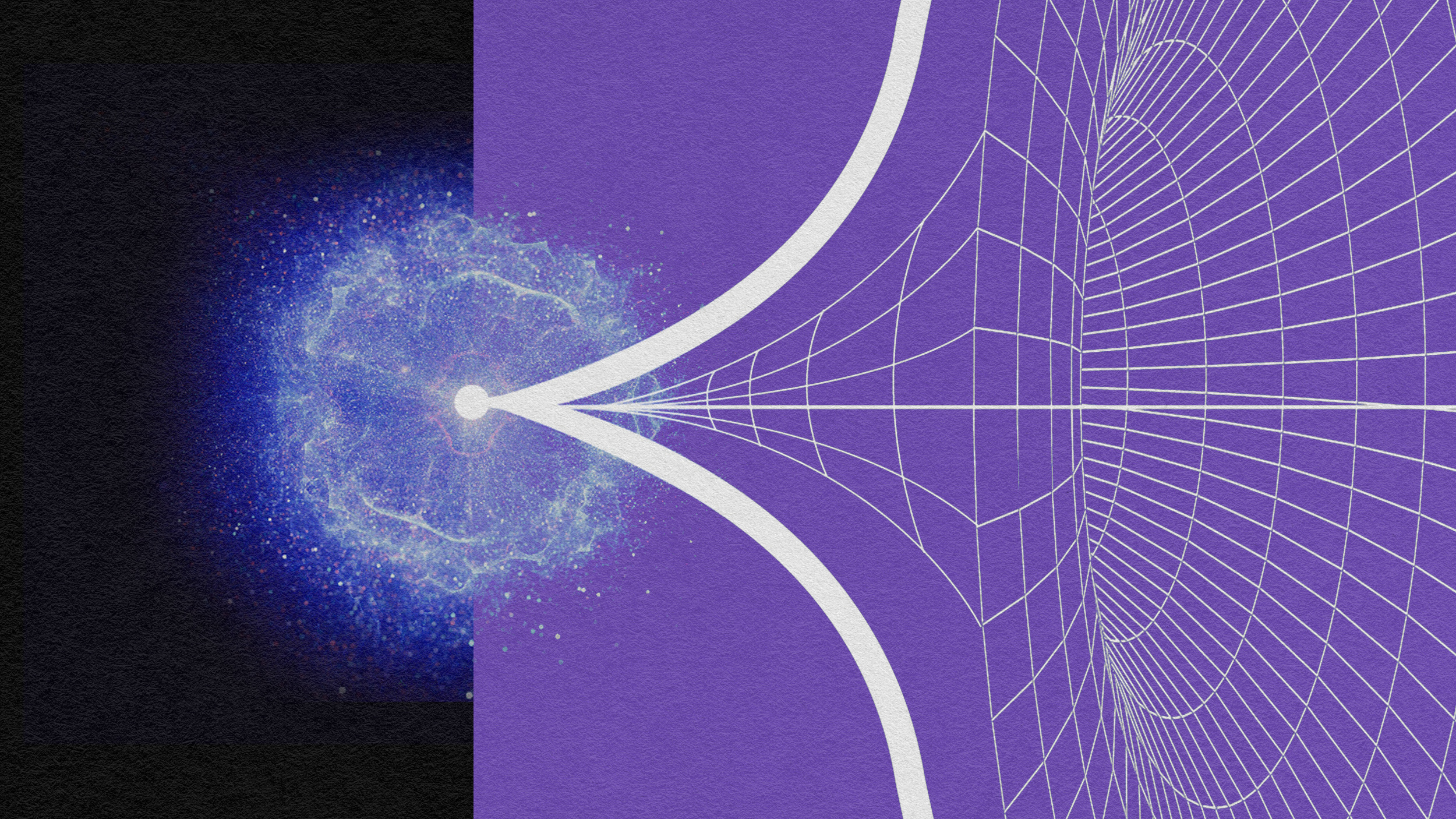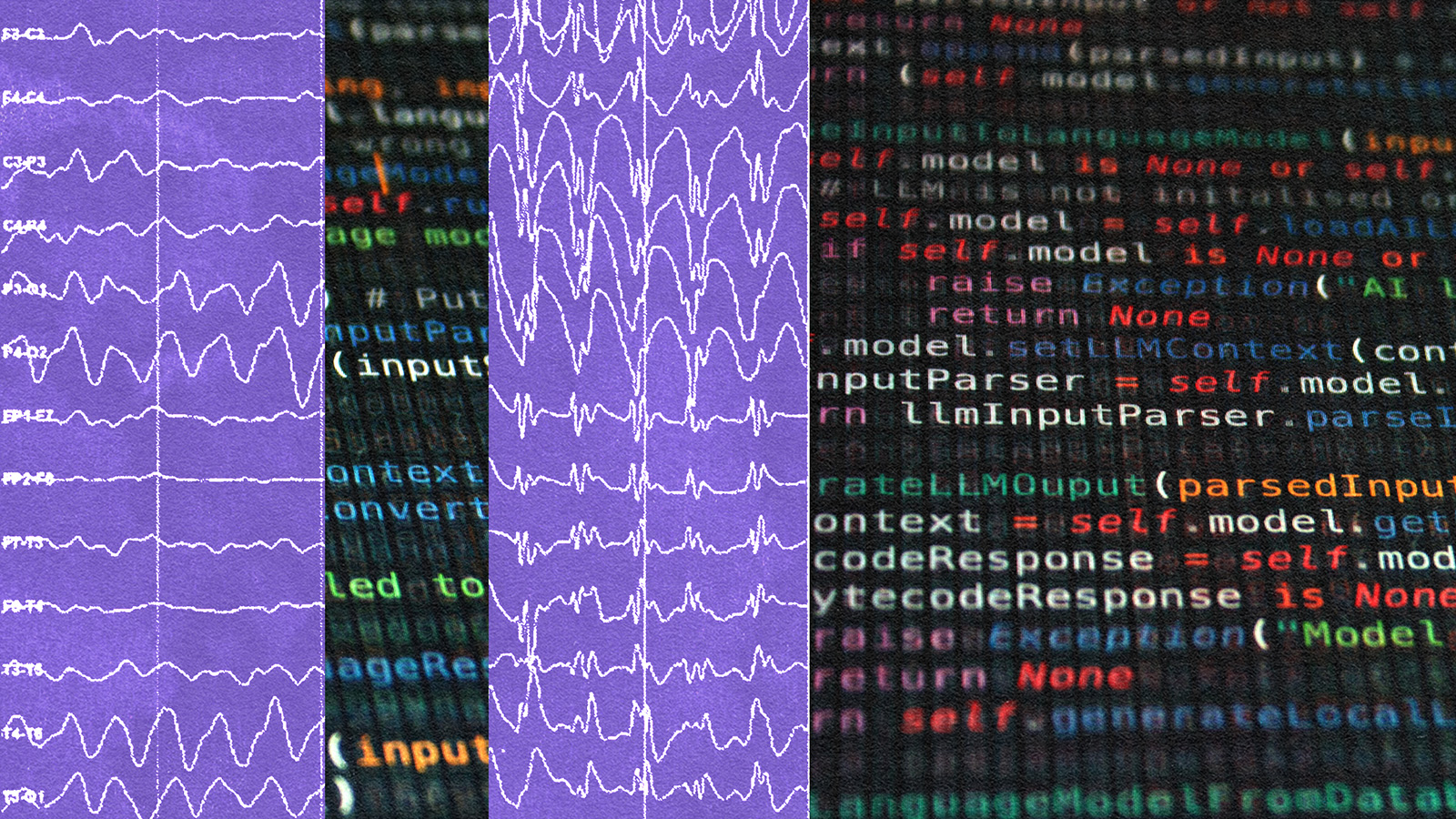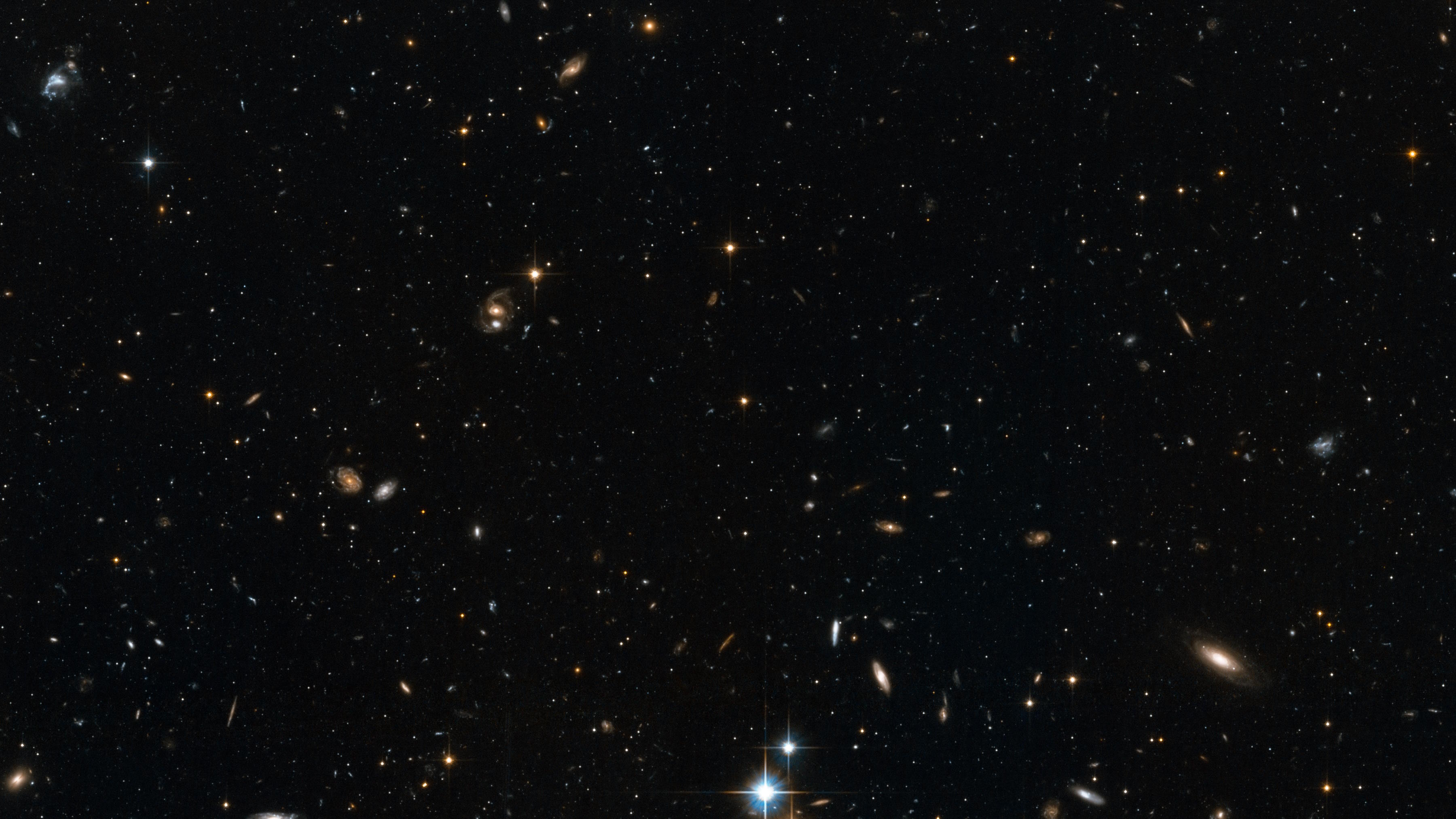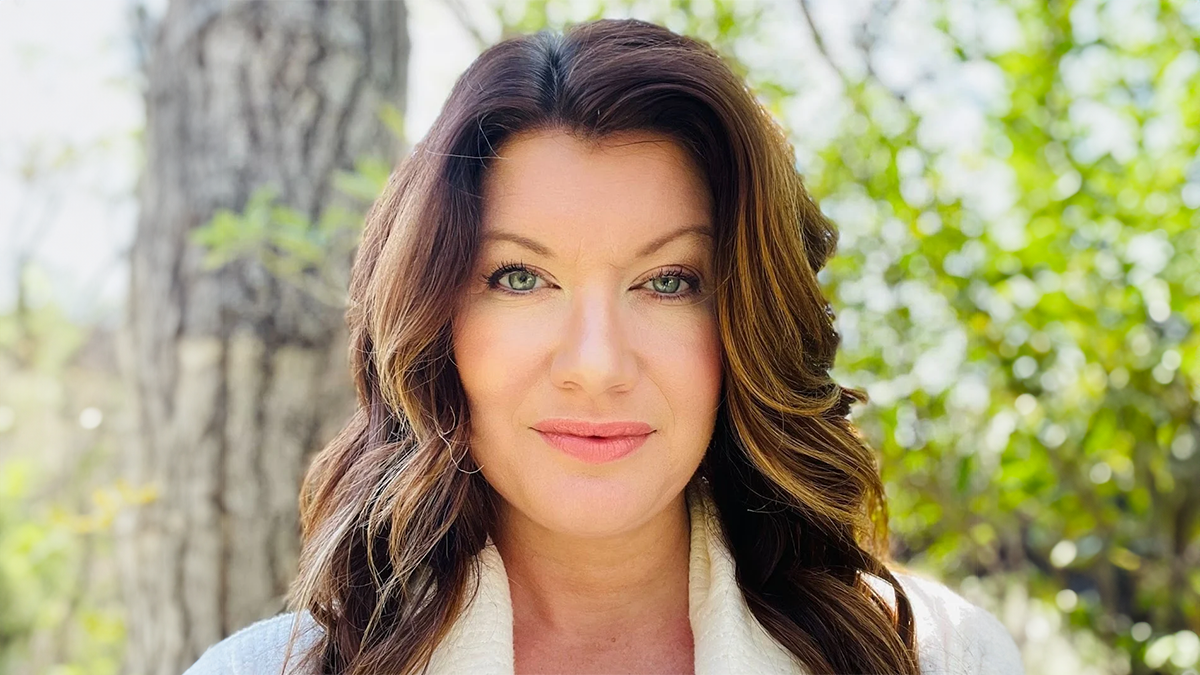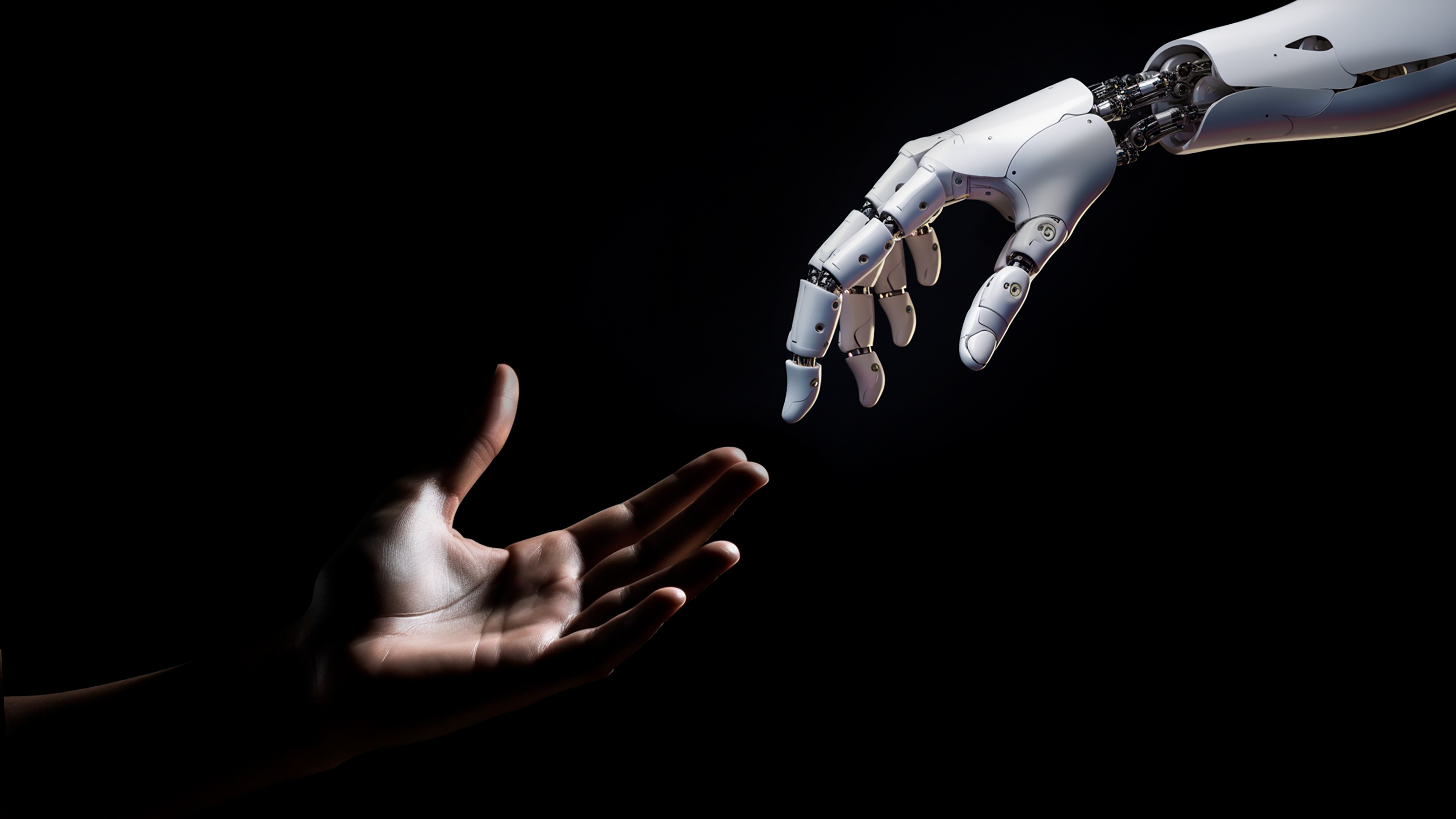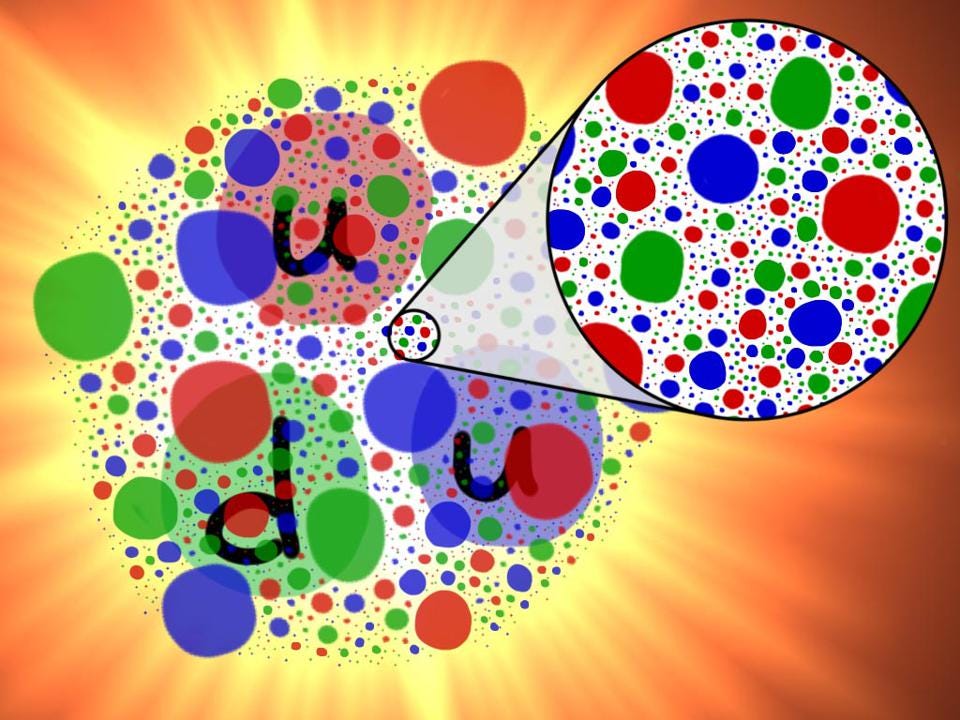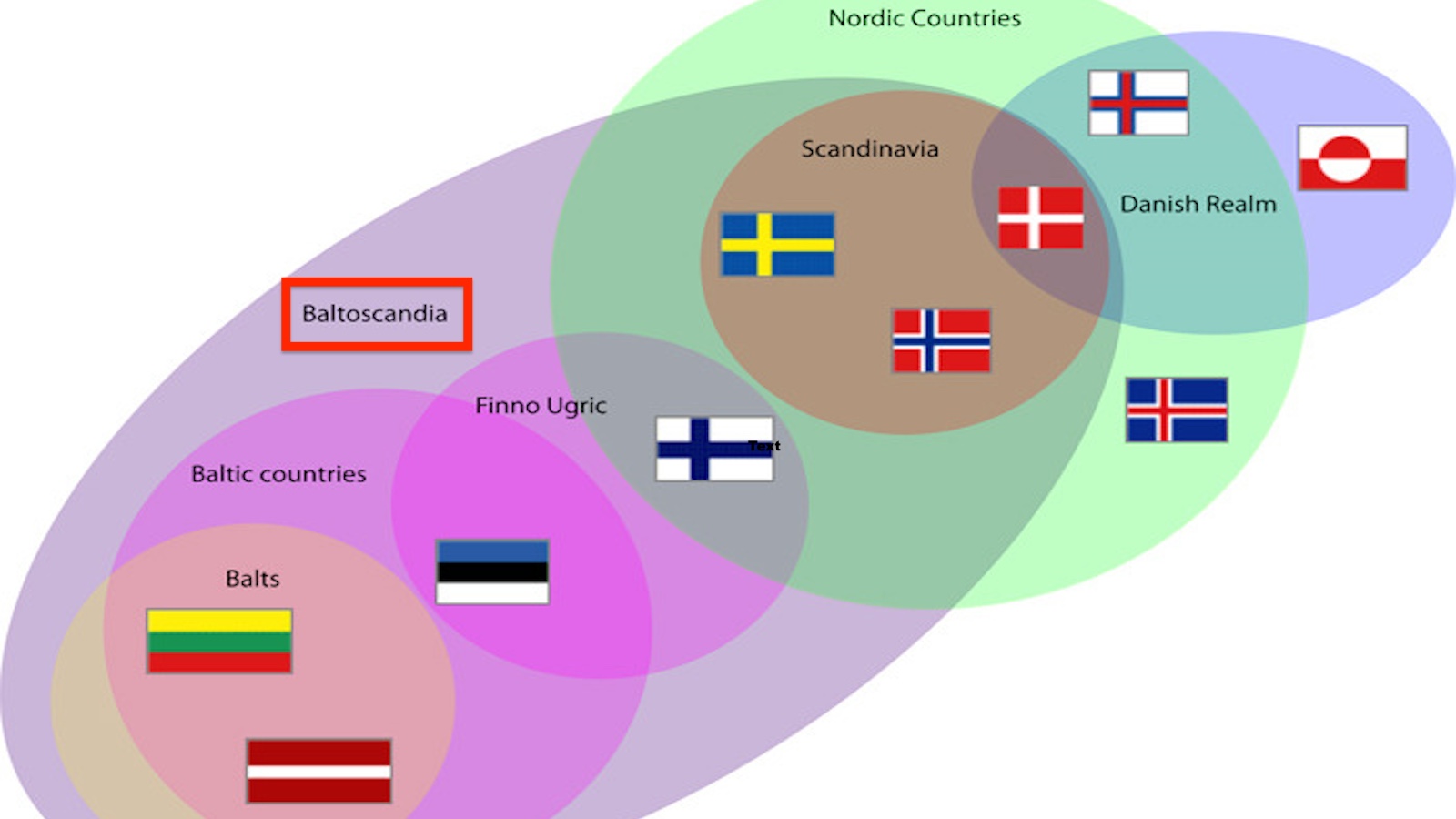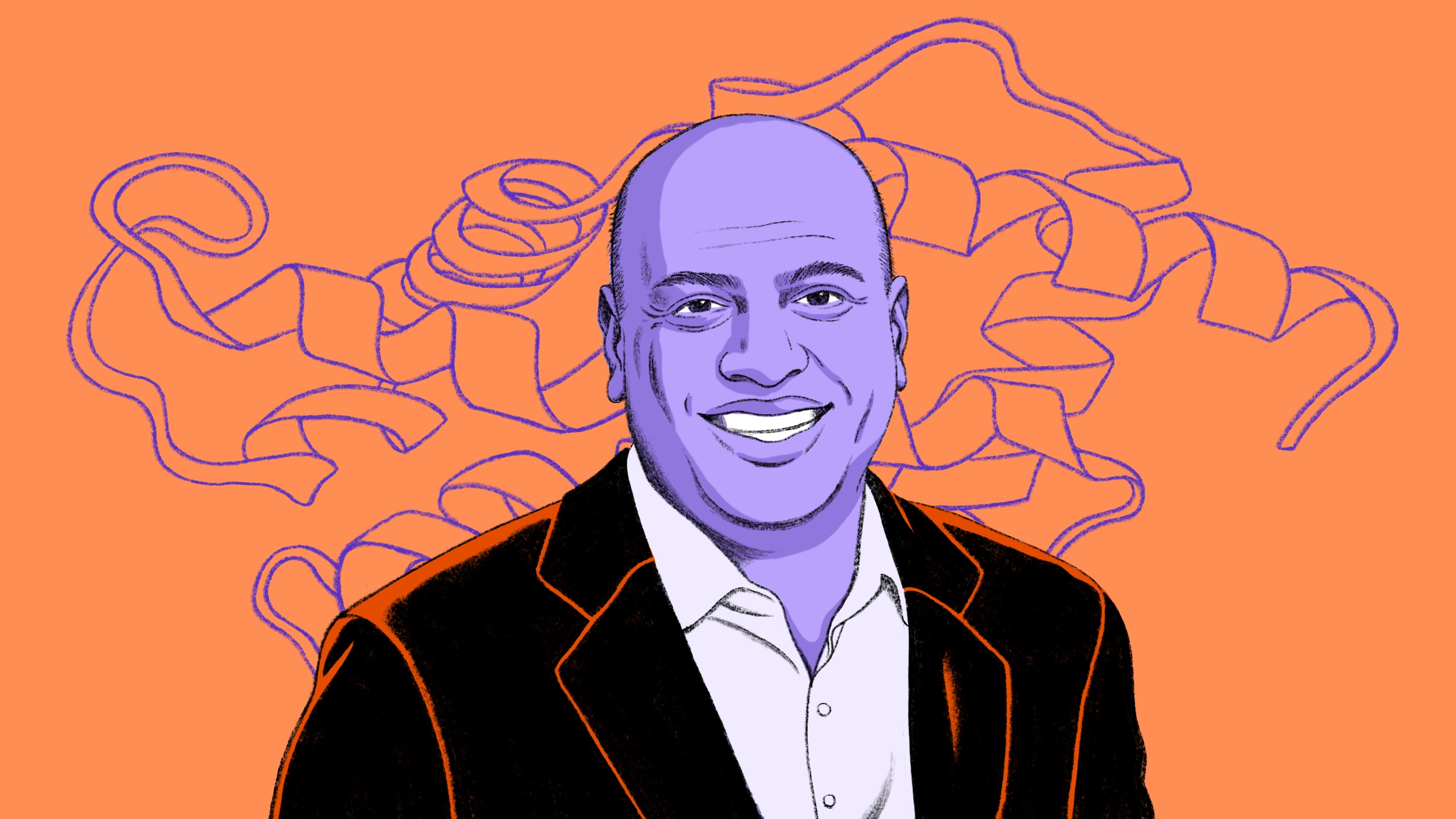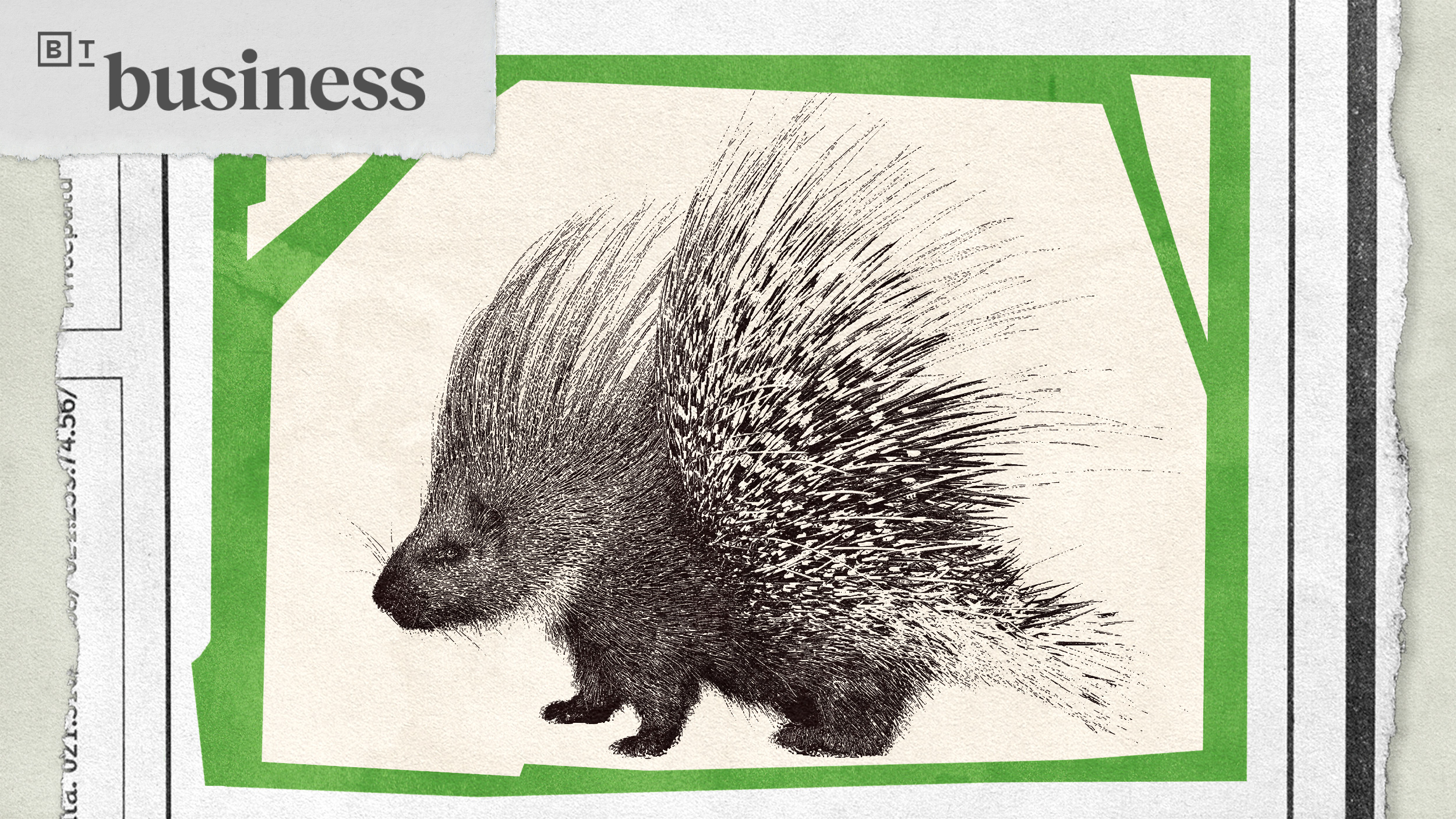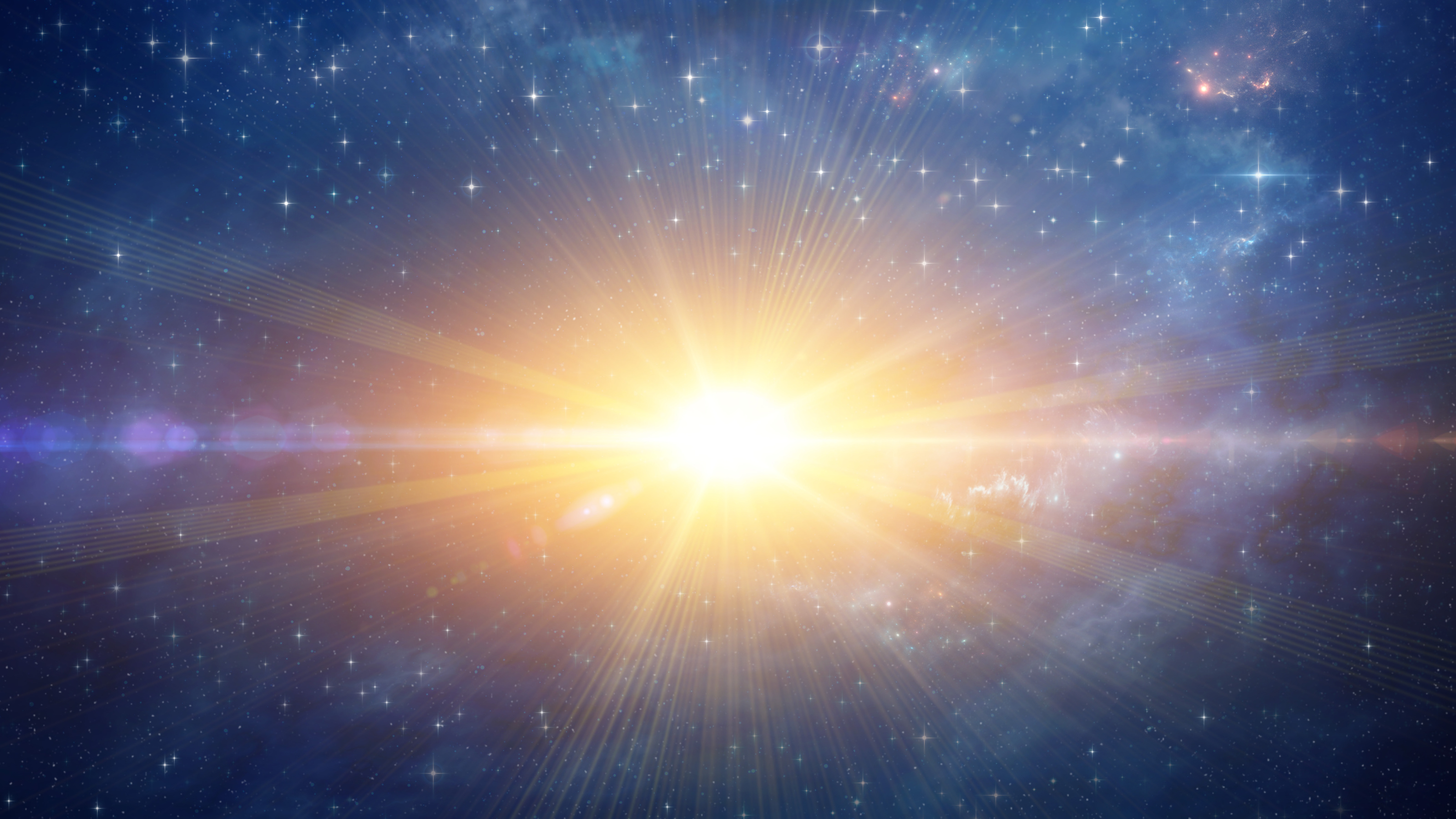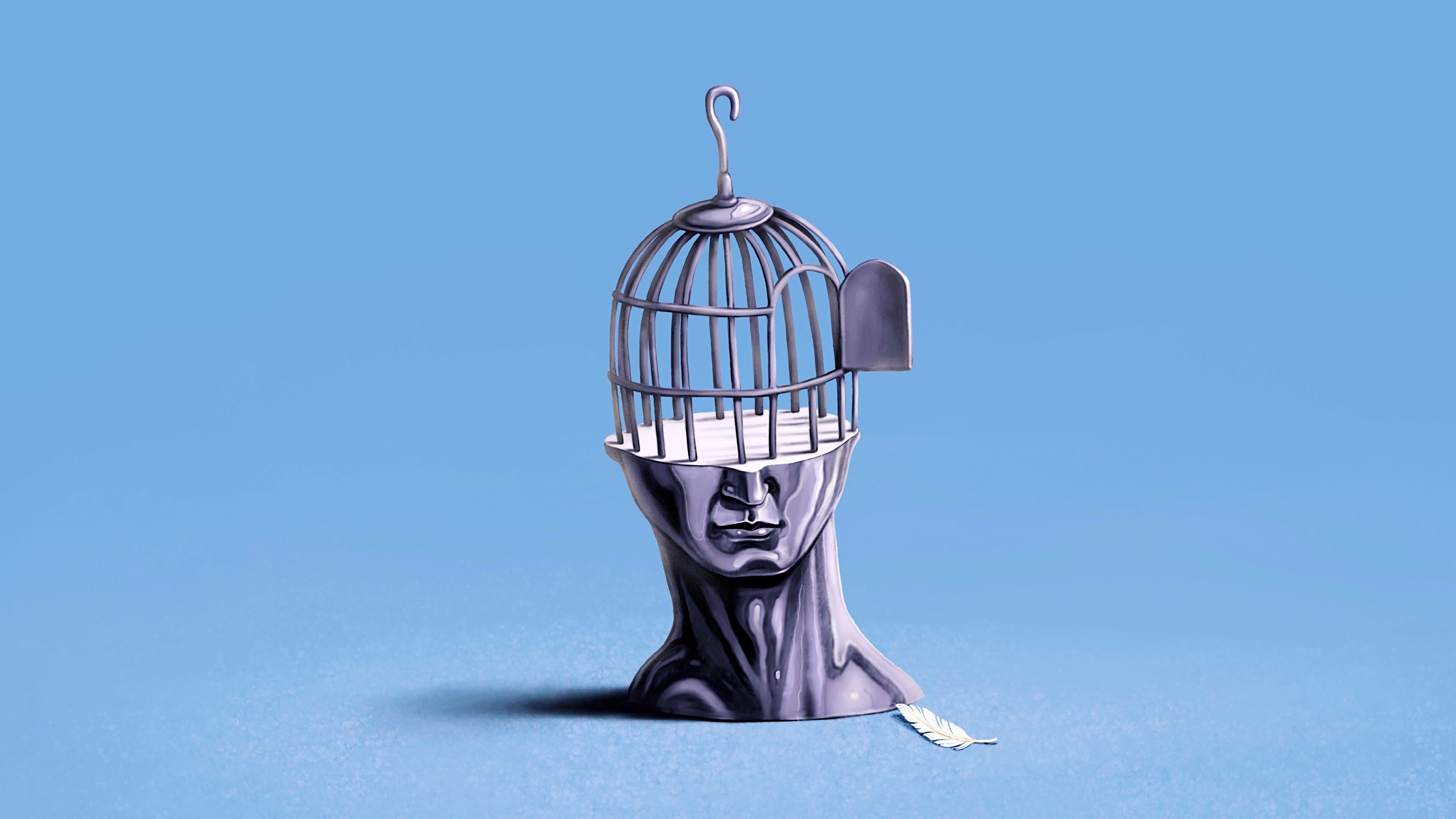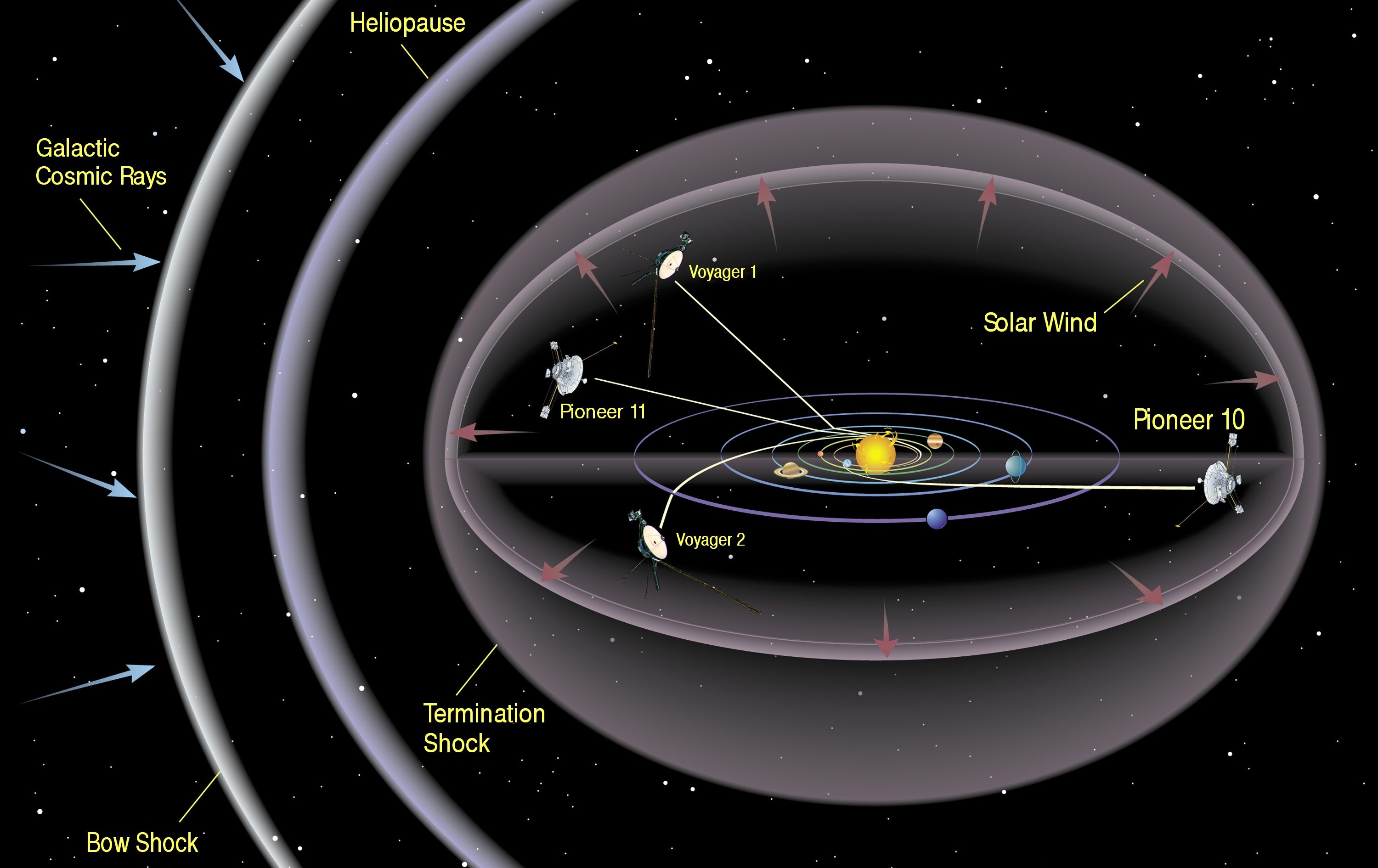There are two different ways to measure the expansion rate of the Universe, and they don’t agree. And no, new measurements don’t help.
From Nick Carraway to Charles Marlow, these side characters offered truths their scene-stealing protagonists couldn’t.
The mindless implementation of AI tools can come at a cost for our teams. Here are some red flags and solutions.
A new all-time record! JWST’s discovery of JADES-GS-z14-0 pushes the earliest galaxy ever seen to just 290 million years after the Big Bang.
While GLP-1 agonists help people lose weight, different drugs could help them retain muscle at the same time.
Freethink asks three different kinds of experts to answer this question.
A reader asks whether we have an ethical responsibility to always debate bad beliefs, especially those that come from our elders.
The road from Kant to modern cognitive psychology has taught us much about our mental filtering systems.
If you bring too much mass or energy together in one location, you’ll inevitably create a black hole. So why didn’t the Big Bang become one?
33 years ago, the theoretical biologist Robert Rosen offered an answer to the question “Is life computable?”
Without authenticity, curiosity, and risk-taking we get stuck in the mud — here’s how to make space for resilient progress.
The Universe is precisely dated at 13.8 billion years old, but astronomers claim the Methuselah star is 14.5 billion years old. What gives?
Big Think interviews Angie Westbrock, CEO of Standard AI, to learn the secrets of adapting to the winds of change.
The preservation and celebration of life, and not greed, should be our primary decision-making value.
How (not) to end up in the ash heap of history.
Lynda Gratton, a professor of management practice at the London Business School, explains how business leaders can navigate a future in constant flux.
Wharton professor Ethan Mollick explains why “co-intelligence may be the future of AI.
▸
8 min
—
with
It’s 2024, and we still only know of the fundamental particles of the Standard Model: nothing more. But these 8 unanswered questions remain.
Because of their large and unfriendly neighbor to the east, the Baltics would rather be Scandinavian.
Veteran investor Sujal Patel, co-founder and CEO of Nautilus Biotechnology, helps us sift golden nuggets from the loose shale of entrepreneurship.
Predicted way back in the 1960s, the discovery of the Higgs boson in 2012 completed the Standard Model. Here’s why it remains fascinating.
Over-reliance on experts with quick fixes has taken us too far from reality — it’s time to dispel the fairy tales.
The threats Mars astronauts face — and how NASA is working to solve them.
We will believe in AGI when it calls on Facetime.
Feeling lonely? So is everybody else. Here’s how to change that, according to three experts.
▸
24 min
—
with
Schopenhauer and Freud can help teams navigate the most prickly of collaboration problems.
The expanding Universe, in many ways, is the ultimate out-of-equilibrium system. After enough time passes, will we eventually get there?
Big Think recently spoke with behavioral scientist and author Katy Milkman about what really motivates us and steers our behavior.
Whole Foods Market founding CEO John Mackey synthesized the counterculture with capitalism and drove a food revolution.
Some think the reason fundamental scientific revolutions are so rare is because of groupthink. It’s not; it’s hard to mess with success.
